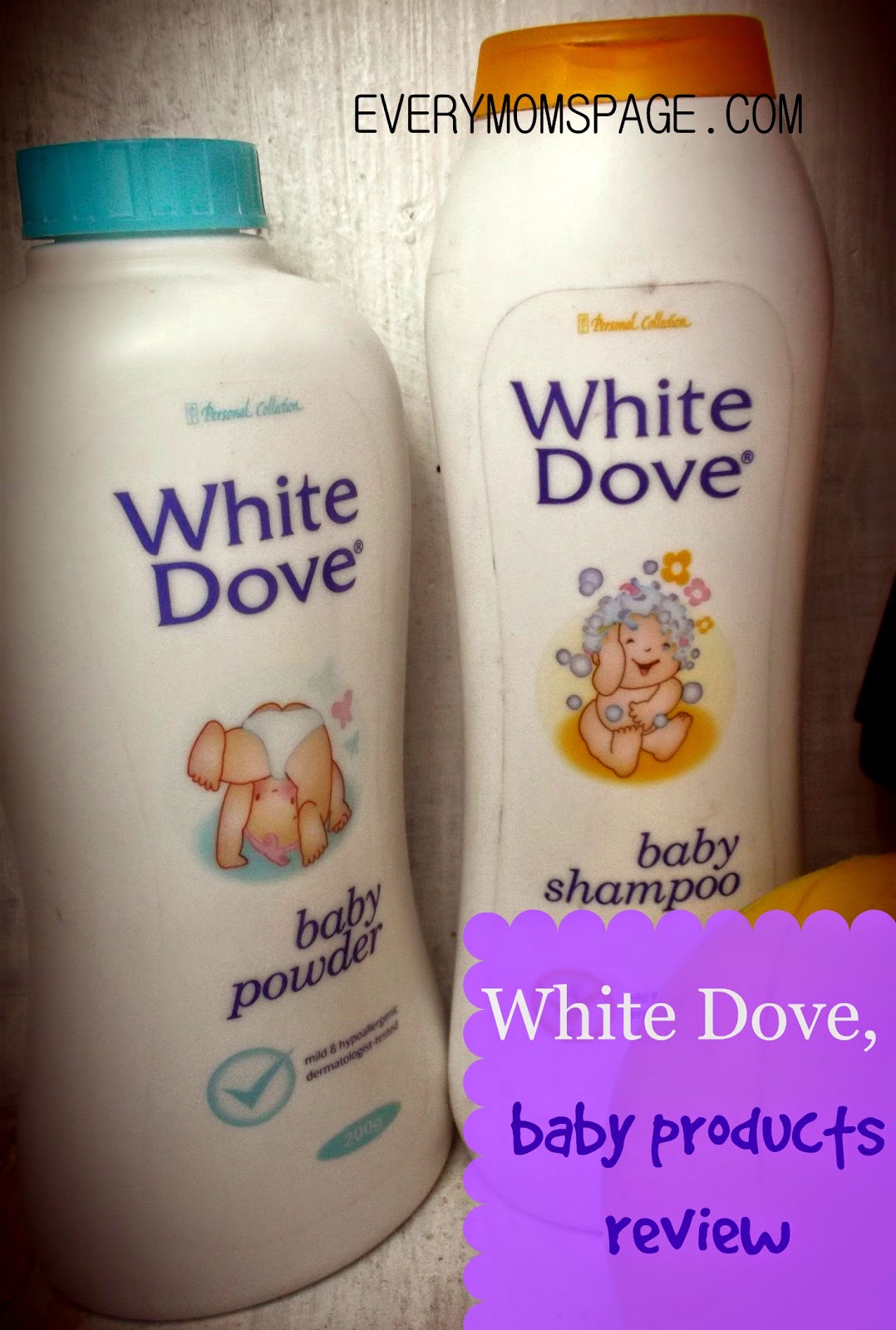How to Get Rid of Perioral Dermatitis
It is common to search for a natural face moisturizer or other skin cleansing products when suffering from perioral dermatitis. This inflammatory condition involves a rash around the mouth, and this rash may spread to the nose and eyes, transitioning into periorificial dermatitis. It often appears scaly and bumpy with clear fluid discharges. The key to treatment is finding the right medication, cream, scrub or remedy, but this process shouldn’t be rushed into. Take time to understand the condition first.
Causes
Before taking a deep-dive into Blume
Meltdown acne oil reviews, take the time to understand the causes of
this version of dermatitis. While there is no definitive explanation as to the
cause of perioral dermatitis, many experts believe it may relate to the use of
topical steroids, certain nasal sprays and other cosmetic ingredients, such as
petroleum or paraffin. Other possible triggers include fungal or bacterial
infections, birth control pills, excessive or constant drooling and fluorinated
toothpaste.
Symptoms
The most apparent symptom of perioral
dermatitis is a rash of red bumps, which often secrete a clear liquid. The rash
appears around the mouth and in the folds of the nose. The condition may cause
an itchy or burning sensation. Also, the small bumps may contain pus and
resemble acne. As the condition worsens, the rash can spread to other areas of
the face, which is why diagnosis and treatment are essential.
Diagnosis
While most doctors or dermatologists can
diagnose perioral dermatitis with a simple visual examination, it is not
uncommon for them to perform a skin culture test to verify and rule out
infection. The test is noninvasive and only requires a swab of the affected
area, which is then sent out for testing. If the rash is unresponsive to
standard treatments, then the doctor may want to perform a skin biopsy.
Treatments
While your doctor will need to examine you
to specify the correct treatment option for you, the American Osteopathic
College of Dermatology recommends you stop using nasal sprays and topical
creams that contain steroids. The use of steroids in these products can
aggravate symptoms of perioral dermatitis and might even be the cause. However,
always discuss treatments with your doctor. With that said, medications and
natural therapies do exist.
•
Medications
Your doctor may feel that your condition requires a prescription. Medications might include topical antibiotic treatments, immunosuppressive creams, topical acne medications, or oral antibiotics. Some of the most common medicines include metronidazole, erythromycin, pimecrolimus, tacrolimus, adapalene, azelaic acid, doxycycline, tetracycline, minocycline or isotretinoin.
Your doctor may feel that your condition requires a prescription. Medications might include topical antibiotic treatments, immunosuppressive creams, topical acne medications, or oral antibiotics. Some of the most common medicines include metronidazole, erythromycin, pimecrolimus, tacrolimus, adapalene, azelaic acid, doxycycline, tetracycline, minocycline or isotretinoin.
•
Natural treatments
Natural treatments primarily include lifestyle changes to help prevent dermatitis outbreaks or flare-ups. For example, instead of using harsh face scrubs or perfumed cleansers, use warm water and mild soaps. Avoid all steroid creams, even hydrocortisone. Reduce the use of cosmetics, makeups and sunscreens. Limit salty and spicy foods. Also, wash towels and pillowcases in hot water.
Natural treatments primarily include lifestyle changes to help prevent dermatitis outbreaks or flare-ups. For example, instead of using harsh face scrubs or perfumed cleansers, use warm water and mild soaps. Avoid all steroid creams, even hydrocortisone. Reduce the use of cosmetics, makeups and sunscreens. Limit salty and spicy foods. Also, wash towels and pillowcases in hot water.
Treating perioral dermatitis and limiting
flare-ups is about understanding the condition and knowing what triggers
potential outbreaks — also, frequent trips to your doctor or dermatologist to
receive treatment and care. Always seek advice from a medical professional, and
look to mild and steroid free cleansers from reputable distributors.



